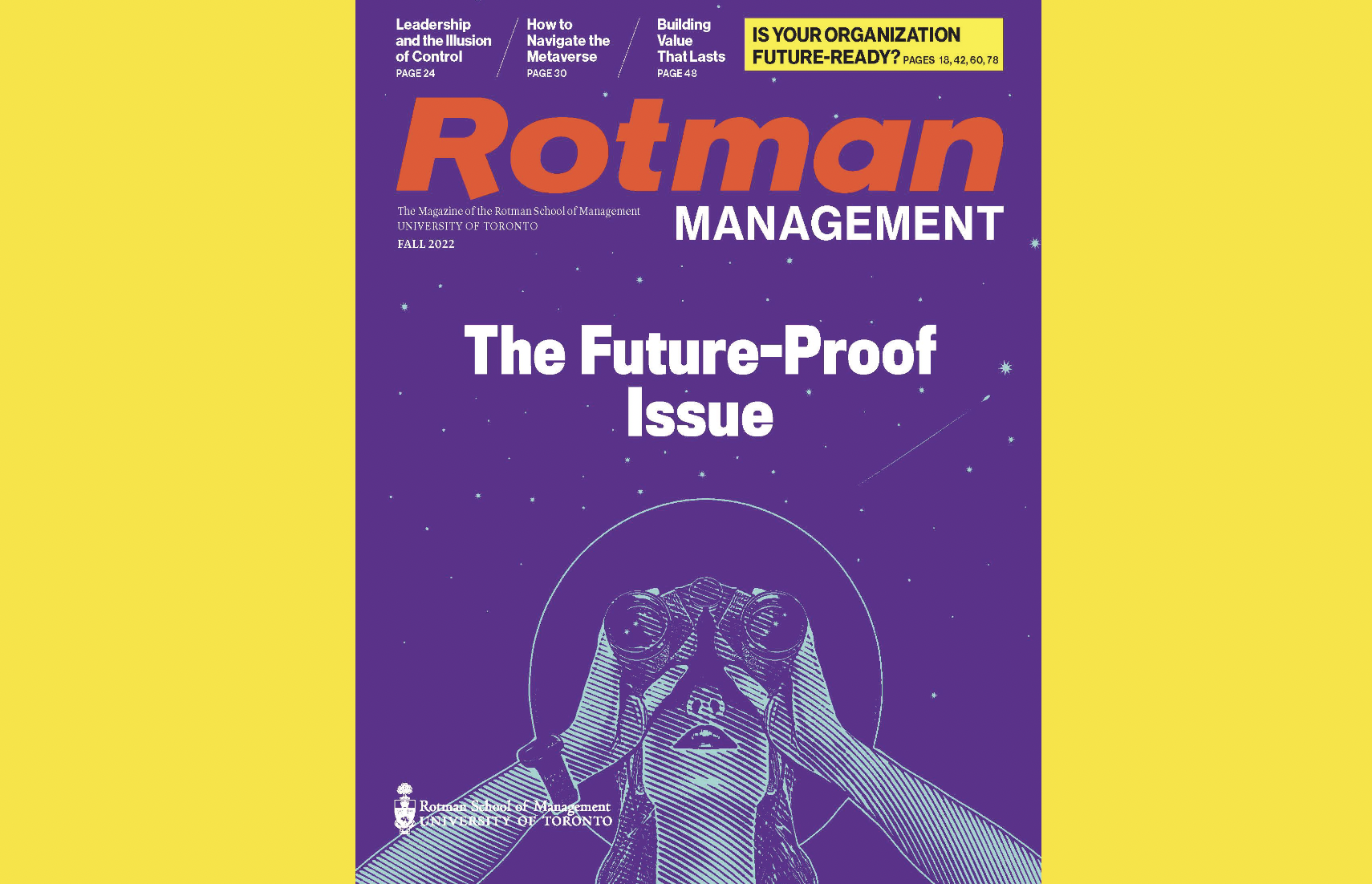How Pay Gaps Lead to Durable Inequality
Authors: András Tilcsik
THE SOCIAL CLASS PAY GAP — the difference in earnings between people from lower-class versus upper-class origins — is a persistent issue that has been widely studied. A common theme in the findings to date is that because people growing up with upper-class parents have more economic, social and cultural advantages, they are likely to attain more education and a more prestigious job, both of which produce a higher income. What is striking is that even when controlling for education, occupational prestige and other variables, class origin still relates to personal income. In other words, people who grew up in lower-class families earn less than their peers who grew up in upper-class families, even when they are similar in education and occupational prestige. This is especially puzzling because the class pay gap appears to span the educational spectrum — from those who lack a university degree to those graduating with an MBA — suggesting the pay gap exists across low- to high-skilled occupations.




